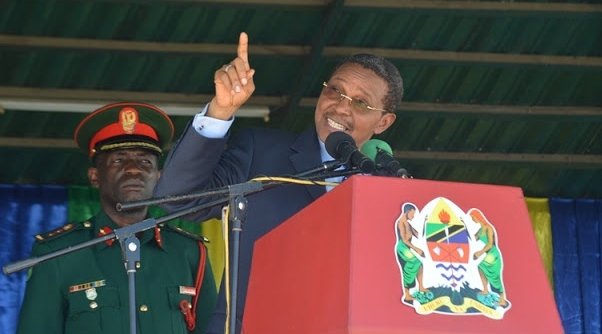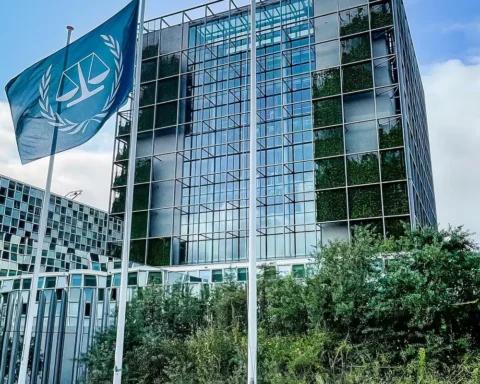Former Tanzanian President and ex-CCM Chairman, Dr. Jakaya Kikwete, has come out strongly in defense of the ruling party’s nomination process for President Samia Suluhu Hassan, highlighting that it strictly follows long-established party procedures.
Speaking at the launch of the Chama Cha Mapinduzi (CCM) election campaign in Dar es Salaam, Kikwete addressed criticisms that have recently surfaced regarding the legality and transparency of the process. He expressed surprise at these objections, pointing out that similar procedures were followed without question during the nominations of previous presidents, including Benjamin Mkapa and John Magufuli.
“The procedures followed in nominating President Samia are consistent with those used for all past presidential candidates within CCM since the introduction of the multi-party system,” Kikwete said. “It is puzzling that some people are now questioning these rules, when they were respected in my time, during Mkapa’s administration, and during Magufuli’s tenure.”
Some critics had raised concerns over whether a sitting party chairperson could preside over their own nomination. However, the High Court dismissed a petition challenging Samia’s nomination, citing procedural flaws in the complaint and the petitioner’s failure to exhaust internal party remedies.
Also Read; Russia Partners With Niger On Historic Nuclear Project
Kikwete stressed the importance of following party rules, saying, “Every party has its own procedures and timelines for selecting candidates. These decisions are made within the party’s governing structures and meetings.” He also referenced international practices, noting that in many countries, candidates are often selected well before election campaigns officially begin.
The party’s nomination process has also been shaped by internal dynamics, with some high-profile figures excluded from primaries while others, including relatives of former leaders, secured positions. These developments have sparked discussions about succession planning and internal democracy within CCM.







